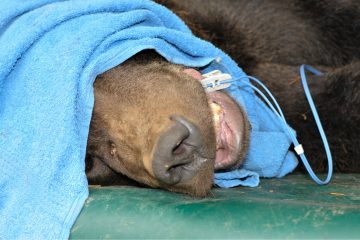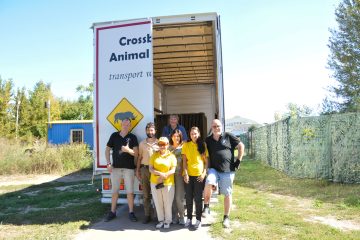INITIAL DRAFT TEXT ARISING FROM THE MANILA CONFERENCE ON ANIMAL WELFARE (2003) AND THE COSTA RICA STEERING COMMITTEE MEETING (2005) FOR MINISTERIAL CONFERENCE CONSIDERATION
PREAMBLE
[The Costa Rica Steering Committee, following on from the Manila Conference on Animal Welfare, confirms:]
That animal welfare is an issue worth consideration by governments.
That the promotion of animal welfare requires collective action and all stakeholders and affected parties must be involved.
That work on animal welfare is a continuous process.
A PROPOSAL FOR A DECLARATION ON ANIMAL WELFARE ARISING FROM THE MANILA CONFERENCE [ON ANIMAL WELFARE] (MARCH 2003) AND THE COSTA RICA STEERING COMMITTEE MEETING (NOVEMBER 2005)
RECOGNIZING that animals are living, sentient beings and therefore deserve due consideration and respect;
RECOGNIZING that animal welfare includes animal health [and that veterinarians have an essential role in maintaining both the health and welfare of animals];
RECOGNIZING that humans [inhabit] this planet with other species and other forms of life and that all forms of life co-exist within an interdependent ecosystem;
RECOGNIZING the importance of the ongoing work of the OIE (World Organization for Animal Health) in setting global standards for animal welfare];
AGREEING that the term [state] includes people and civil society;
ACKNOWLEDGING that many [states] already have a system of legal protection for animals, both domestic and wild;
SEEKING to ensure the continued effectiveness of these systems and the development of better and more comprehensive animal welfare provisions;
ACKNOWLEDGING that the humane use of animals can have major benefits for humans;
AWARE that the “five freedoms (freedom from hunger, thirst and malnutrition; freedom from fear and distress; freedom from physical and thermal discomfort; freedom from pain, injury and disease; and freedom to express normal patterns of behaviour)” and the “three Rs (reduction in numbers of animals, refinement of experimental methods and replacement of animals with non-animal techniques)” provide valuable guidance for the use of animals;
RECOGNIZING that the provisions contained in this declaration do not affect the rights of any [state];
PRINCIPLES OF THE DECLARATION
1
The welfare of animals shall be a common objective for all [states];
2
The standards of animal welfare attained by each [state] shall be promoted, recognized and observed by improved measures, nationally and internationally. [Whilst there are significant social, economic and cultural differences between societies, each should care for and treat animals in a humane and sustainable manner][in accordance with the principles of the Declaration];
3
All appropriate steps shall be taken by [states] to prevent cruelty to animals and to reduce their suffering;
4
Appropriate standards on the welfare of animals be further developed and elaborated such as, but not limited to, those governing the use and management of farm animals, companion animals, animals in scientific research, draught animals, wildlife animals and animals in recreation.

